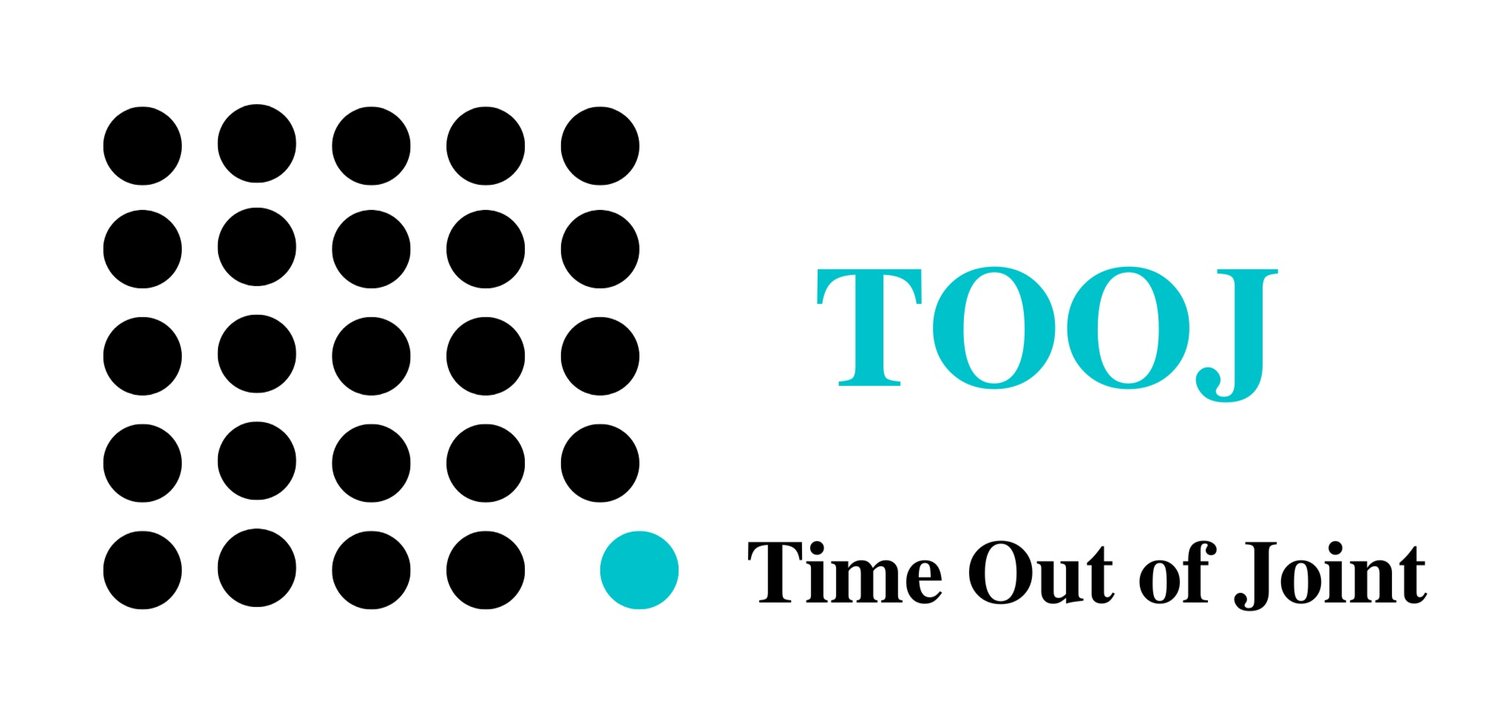How do TOOJ workshops work?
the process
The process is simple. And the results are powerful. The grant-funded workshops are offered without cost to the school. One of our primary strategies is to use a comparative literature model - we go over a scene from Shakespeare and discuss it in relation to a ‘prison monologue’ written by one of our teammates. (This is a technique used by the Folger Shakespeare Library’s department of education.)
After a teacher speaks with us, we settle on a number of sessions and what topics we plan to cover.
The class watches our film “Time Out of Joint: Prison Reflections on Shakespeare”, in which the audience is given the opportunity to observe a prison classroom. 16 prisoners discuss Shakespeare and draw connections between the characters’ actions and their own lives.
After the students have watched the film, we visit on Zoom. The students get the chance to discuss things under the leadership of at least one of the former prisoners seen in the film -and others from our educational team.
The topics include Shakespeare (of course), and human issues including loyalty, betrayal, power, manhood, misogyny, war, crime, family, and (of course) love. Conversations also often turn to issues of prison education, systemic racism, mass incarceration, and prison reform.
Specific topics are often determined by teachers of both classes ahead of the workshops.
And teachers can decide if they want to have 1, 2, or 3 joint meetings.
follow-up
Students are asked to write short reflection papers after the workshops. We love to read these and they help us improve future gatherings.
